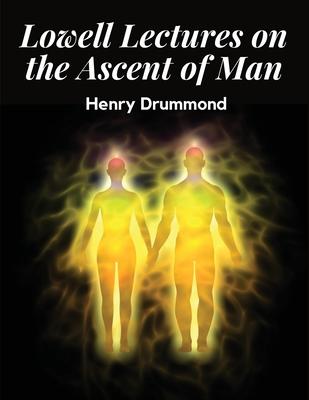"Lowell Lectures on the Ascent of Man" is a collection of lectures delivered by Henry Drummond, a Scottish scientist, evangelist, and writer, in 1893. These lectures explore the philosophical and scientific aspects of human evolution and the spiritual implications thereof.
Drummond was deeply interested in the intersection of science and religion, and his lectures reflect this interdisciplinary approach. In "Lowell Lectures on the Ascent of Man," he seeks to reconcile the theories of evolution with Christian beliefs, offering a perspective that integrates scientific inquiry with spiritual understanding.
The book is divided into several lectures, each addressing different facets of human evolution and its implications. Drummond examines the physical, mental, and moral aspects of human development, tracing the progression of life forms from simpler organisms to complex beings such as humans. He explores the role of natural selection, adaptation, and survival instincts in shaping the course of evolution.
At the same time, Drummond emphasizes the spiritual dimensions of human existence. He argues that evolution is not solely a materialistic process but also involves the development of higher moral and ethical faculties. Drummond suggests that humanity’s capacity for love, compassion, and altruism represents a transcendent aspect of evolution that points to a divine purpose behind the universe.
Throughout the lectures, Drummond draws on scientific evidence, literary references, and biblical passages to support his arguments. He engages with contemporary thinkers and theologians, offering a thoughtful and nuanced perspective on the relationship between science and religion.
"Lowell Lectures on the Ascent of Man" is considered one of Drummond’s most significant works, demonstrating his intellectual breadth and his commitment to bridging the gap between faith and reason. It continues to be studied and discussed for its insights into the complex interplay of evolutionary theory and religious belief.












